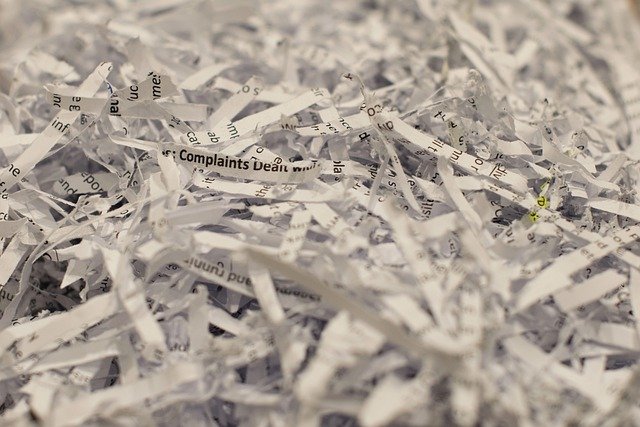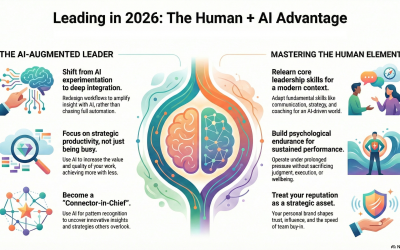Waste in most organisations accounts for between 15% and 30% of the total operating cost of the business and is often higher than this in service industries. Therefore if your business has costs of $1.0 million per annum then you could expect to find between $150,000 and $300,000 of waste and inefficiency in even the best run businesses.
What are your total annual costs? ______________
Multiply your total costs by 0.2 (20%). ____________
This is an estimate of the cost of inefficiency and waste in your business.
Can you afford to leave this waste in your business?
But where does it come from?
In most businesses there is an element of waste that has been designed into the business from the start. It was introduced by the original owners who started up the business and is usually part of the way you do business. This is because most businesses begin life as a small business, where there is a great deal of multi-skilling of staff and where processes are evolved rather than purpose designed.
Waste is often accepted within your business because the employees (and you) have stopped “seeing” the waste around them.
Waste in your business is not a sign of poor management and should not reflect badly upon current and past management as it is a systemic problem of the business that is usually well hidden. However, now that you are aware of the potential waste lurking within your business there is little or no excuse for not addressing this problem immediately!
For example: Porsche, the maker of magnificent motor vehicles, lowered assembly time from six weeks to three days and still cut its level of mistakes by 55%. An incredible increase in productivity and quality! Inventory levels also dropped from 17 days to 3.2 days improving the cash flow of the organisation dramatically. Similar levels of improvement are possible within your business.
THE SEVEN WASTES
The following are the Seven Wastes in a business. These waste areas are based on a process developed by Toyota for improving business efficiency.
- Overproduction: What are you overproducing? Look for a build up in stocks, work in progress and resources
- Waiting: Where do goods and services wait? What activities are adding value ? Which are not?
- Transport: Where do things move? Look at moving goods, paper, people and machines.
- Inappropriate Processing: Are you using the right machine for the job? Are you using the right person for the job?
- Inventory: Where are you storing value? Look for waste in the piles of raw materials, finished goods and services (WIP), bank accounts and debtors.
- Motion: Look for wasted movement. Check the ergonomics.
- Defects: Where are the mistakes occurring? De we have rework or significant levels of product returns?
THE WASTE AUDITS
Mindshop has developed a waste audit process that enables you to identify and prioritise the waste in the organisation. We recommend that you involve Project Teams in the identification and elimination of the waste. The teams need to have involvement and commitment to the selected issues. If this is not in place it is very difficult to maintain the process.
MINDSHOP TEAMS
In removing the waste from your business we recommend that small groups are trained in the basic Mindshop tools of Mindmapping, Pareto, and Force Field Analysis. The teams are asked to formally report to management after an eight week cycle. Key performance indicators are established to measure the success of the process.
SAVINGS ACHIEVED
The experience is that the waste reduction process is self funding right from the start. The savings from the waste reduction more than off set the cost of any training, or a facilitator, if required, and the time required for the team process.
As discussed above, the potential savings will usually be from 15% to 30% of your costs. In many businesses this is enough to double profits! The process is simple and extremely effective.
Regular Training Programs
SBD On-Line conducts regular training programs in how to reduce the level of waste in your business. These seminars are currently delivered in Newcastle, Sydney and Canberra and will teach you how to remove the Waste from your business.



